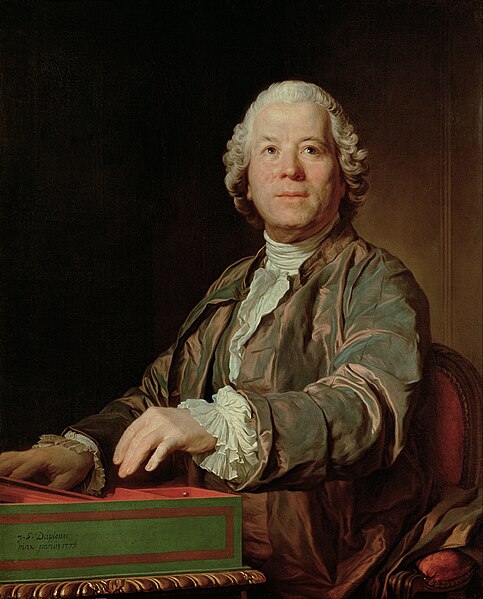In May of 1774, 15 years before the French Revolution, the 18-year-old Marie Antoinette ascended the throne as queen of France. Less than a month before that, German composer Christoph Willibald Gluck, her former music teacher — and the son of a gamekeeper — made his debut in Paris with his opera “Iphigénie en Aulide.”Share
Thanks to Gluck’s tutelage, the new queen had become a passionate musician (she was known for her love of playing the harp), and her patronage ensured the composer access to the influential Parisian opera scene, for which he wrote his final sequence of stage works.
Gluck had started fomenting a revolution of his own with “Orfeo ed Euridice,” which premiered in 1762 in Vienna, Marie Antoinette’s native city. In August 1774, soon after “Iphigénie en Aulide,” he unveiled a substantially revised, expanded version of “Orfeo.” Now titled “Orphée et Eurydice,” it incorporated French musical practice of the time — by recasting Orpheus, for example, from a castrato to a high tenor role. (Read more.)
I Love Lent
14 hours ago


















No comments:
Post a Comment